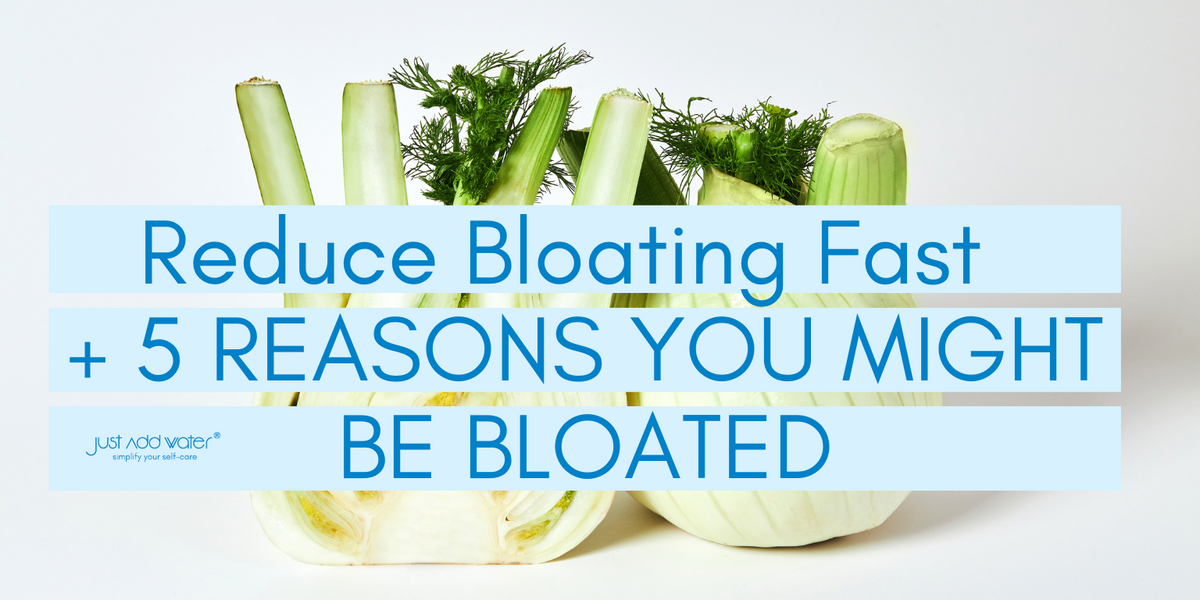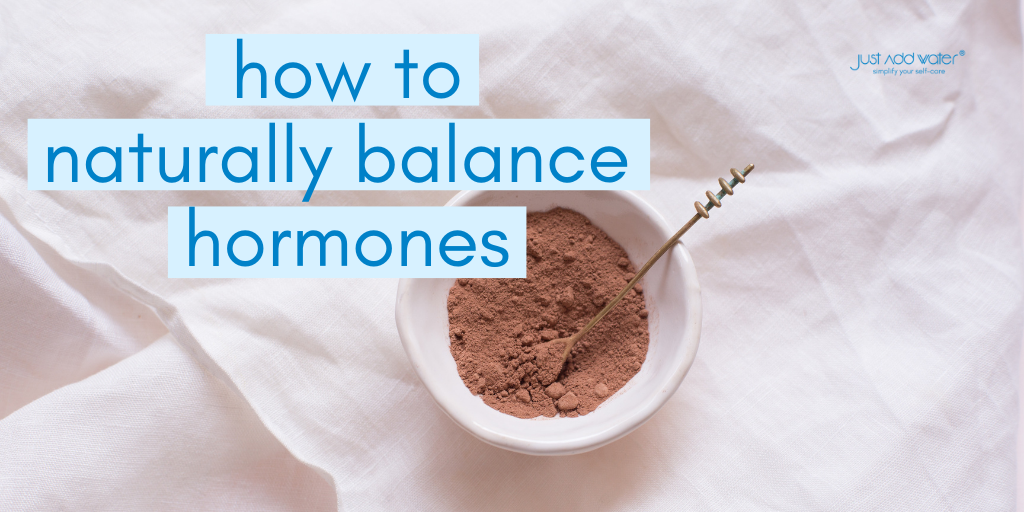WHY MINERALS MATTER for gut health, hormonal balance, and energy levels
Vitamins and minerals are essential nutrients because they perform hundreds of roles throughout the body. Every day, your body produces skin, muscle, and bone, but to do all this your body needs some raw materials. Vitamins and minerals are considered essential nutrients- they help shore up bones, heal wounds, and support your immune system. They also convert food into energy and repair cellular damage.
A mineral deficiency often happens slowly over time and can be caused by a number of reasons. An increased need for the mineral, lack of the mineral in the diet, or difficulty absorbing the mineral from food are some of the more common reasons.
Mineral deficiencies can lead to a variety of health problems, such as weak bones, fatigue, or immune system issues.
The difference between vitamins and minerals
Although they are all considered micronutrients, vitamins and minerals differ in basic ways. Vitamins are organic, which means they’re made by plants and animals, and can be broken down by heat, air, and acid. Minerals are inorganic, meaning they come from soil and water and are absorbed by plants and animals which we then eat.
How much do you need daily?
The body needs many minerals; these are called essential minerals. Essential minerals are sometimes divided up into ‘major minerals’ and ‘trace minerals’ These two groups of minerals are equally important, but trace minerals are needed in smaller amounts than major minerals. The amounts needed in the body are not based on their importance. Major minerals are needed in amounts greater than 100 mg per day; whereas trace minerals are needed in amounts less than 100 mg per day.

What type of mineral deficiencies are there?
A diet lacking in mineral nutrients may cause a variety of unpleasant symptoms. These symptoms are the body's way of communicating potential vitamin and mineral deficiencies. Recognizing them can help you adjust your diet accordingly. Common symptoms of mineral deficiency include:
- Brittle hair and nails
- Mouth ulcers
- Bleeding gums
- Poor night vision
- Dandruff
- Hair loss
- Restless leg syndrome
- Constipation and bloating
- Loss of appetite
- Numbness or tingling
- Poor concentration
- Weakness or tiredness
IRON
Your gut bacteria needs iron to function effectively, and iron may also help your healthy bacteria grow. Iron deficiency is one of the most common nutrient deficiencies in the world, affecting more than 25% of people worldwide. Iron deficiency develops slowly and can cause anemia. The symptoms of iron deficiency anemia include feeling weak, tired, and performing poorly. Children start showing signs through slow social development.
MAGNESIUM
Magnesium is one of the most essential minerals to help balance hormones. One of the first signs of magnesium deficiency is often fatigue. You may notice muscle spasms, weakness, or stiffness as well. Some early symptoms of magnesium deficiency are loss of appetite and nausea. Magnesium deficiency is uncommon in healthy people. Still, certain medications and chronic health conditions like alcoholism may cause magnesium deficiency.
CALCIUM
Calcium deficiency produces few obvious symptoms in the short term. That’s because your body carefully regulates the amount of calcium in the blood. Lack of calcium long term can lead to decreased bone mineral density called osteopenia. Vitamin D supports digestion, immunity, and helps with calcium absorption when taken together.
POTASSIUM
Potassium is a mineral that functions as an electrolyte. It’s required for muscle contraction, proper heart function, and the transmission of nerve signals. Potassium is also needed to help your body turn carbohydrates into energy. Potassium deficiency is most often caused by excessive fluid loss. Symptoms of potassium deficiency include muscle cramping, weakness, constipation, and bloating.
ZINC
Zinc plays a major role in your body's metabolism. It’s also important for proper development during pregnancy and childhood. Zinc deficiency can cause loss of appetite, taste, smell, and decrease function of your immune system.
Minerals In Just Add Water®
Just Add Water® gives you the nutrients, vitamins, and minerals you need without stress or a time commitment. At Just Add Water®, we know that food with high mineral properties can help improve our overall health and energy. But when you don’t have time to make sure you're getting a well-balanced meal, we’ve added essential minerals like sodium, potassium, iron, and calcium into our mix so you can enjoy its benefits on-the-go!

Foods high in nutrients and minerals
A balanced diet usually provides all the essential minerals. Listed below are what they do in the body and their sources in food. ⠀
- Sodium - needed for proper fluid balance and muscle contraction; can be found in table salt, soy sauce, milk, breads, vegetables, and unprocessed meats.
- Potassium - needed for proper nerve transmission and fluid balance; can be found in meats, milk, fresh fruits and vegetables, whole grains, and legumes.
- Calcium - important for healthy bones and teeth, helps muscles relax, important for blood pressure regulation, preventing blood clotting, immune support; can be found in milk and milk products, salmon, tofu and soy milk, broccoli, mustard greens, and legumes.
- Magnesium - needed for making protein, nerve transmission, immune system health; can be found in nuts and seeds, legumes, leafy green vegetables, seafood, artichoke, and chocolate.
- Iron - found in red blood cells that carry oxygen to the body, needed for energy metabolism; can be found in organ meats, red meats, fish, shellfish, egg yolks, legumes, dried fruit, and dark leafy greens. FUN FACT: cooking on a cast iron skillet is a great way to get more iron in your diet!
- Zinc - has a function in taste perception, wound healing, normal fetal development, production of sperm, normal growth and sexual maturation, immune system health; can be found in fish, poultry, leavened whole grains, vegetables.
- Fluoride - involved in formation of bones and teeth, helps prevent tooth decay; can be obtained from drinking water, found in seafood, and most teas.
FINAL THOUGHTS
A change in your diet may help if you have minor mineral deficiencies. You could be referred to a dietitian ffor your deficiency if your symptoms are more severe. They will help you modify your eating habits and include guidelines on how to eat a well-balanced diet rich in fruits, vegetables, and whole grains. Certain mineral deficiencies cannot be treated with diet alone. You may be required to take a multivitamin or mineral supplement such as Just Add Water®. If you have questions or want more details about creating a lifestyle around these objectives, follow Just Add Water® on Instagram! @justaddwaterinc
Leave a comment
Comments will be approved before showing up.
Also in Wellness & Nutrition

Reduce Bloating Fast + 5 REASONS YOU MIGHT BE BLOATED

Healing Cellular Damage With Antioxidant Power

HOW TO NATURALLY BALANCE YOUR HORMONES
In this blog, we’re going to define hormonal imbalance, identify the symptoms, and discover the natural options to bring your body back into flow! A nutritious diet and other healthy lifestyle habits may help improve your hormonal health and allow you to feel and perform at your best.


